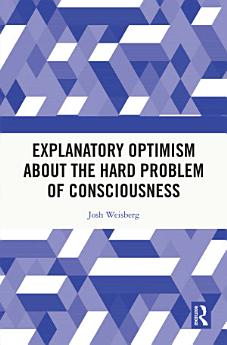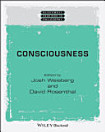Explanatory Optimism about the Hard Problem of Consciousness
About this ebook
The key step in the debunking argument involves the development and defense of an empirical model of first-person access: Automated Compression Theory (ACT). ACT holds that first-person access to consciousness is accomplished by automated accessing of compressed sensory information. Because of the distorting nature of this compressed access, it seems to subjects that consciousness possesses “exceptional” properties—properties leading to the hard problem—even though no such properties are present. If there are no exceptional properties to explain, then an explanation in easy terms can fully account for conscious experience. The book presents a range of empirical evidence for ACT and concludes that the burden of proof is now on the pessimists to show why we shouldn’t be optimistic about explaining consciousness.
About the author
Josh Weisberg is Associate Professor of Philosophy at the University of Houston. He is the author of Consciousness (2014) and editor of Qualitative Consciousness: Themes from the Philosophy of David Rosenthal (2022) and has published a range of articles in philosophy of mind and consciousness studies.






